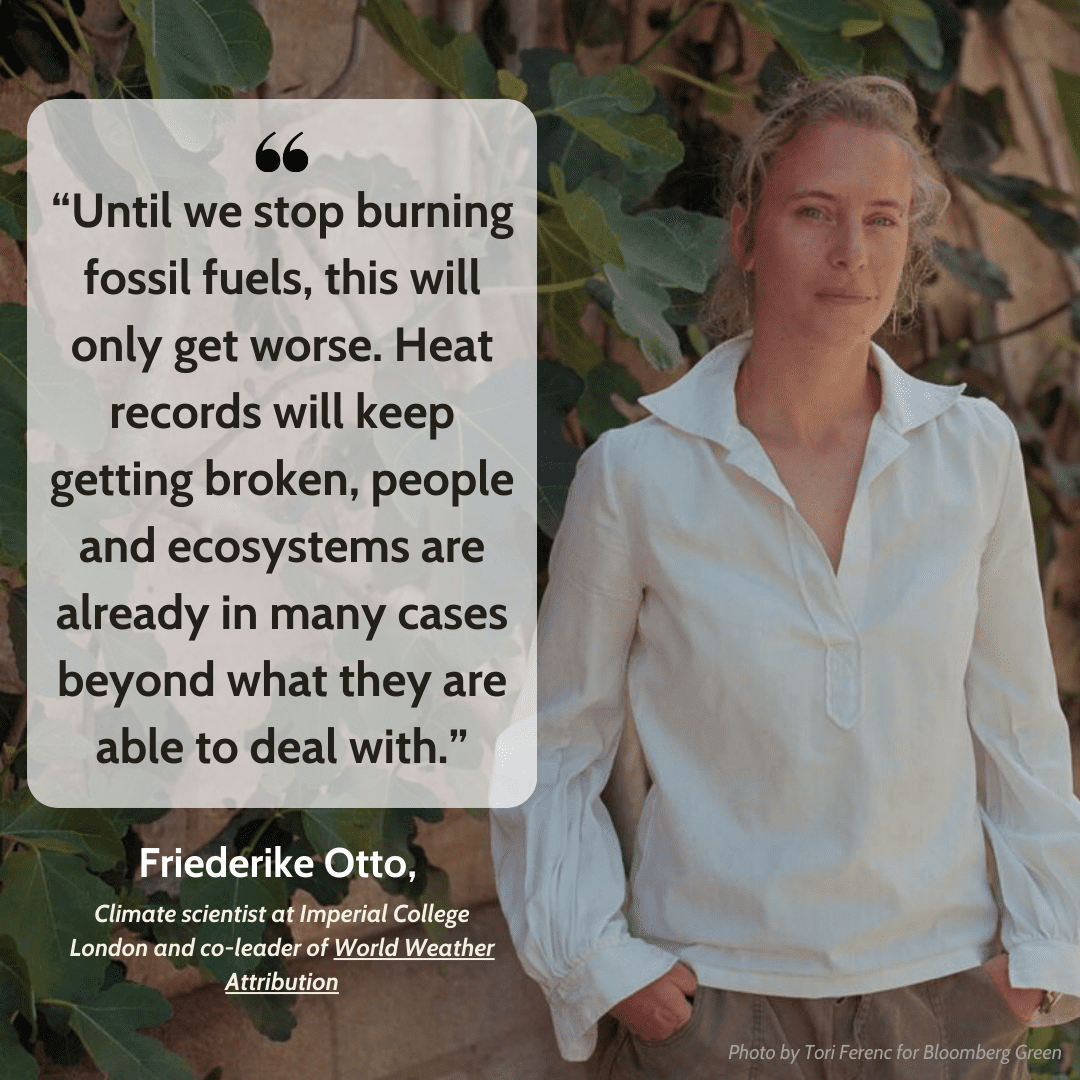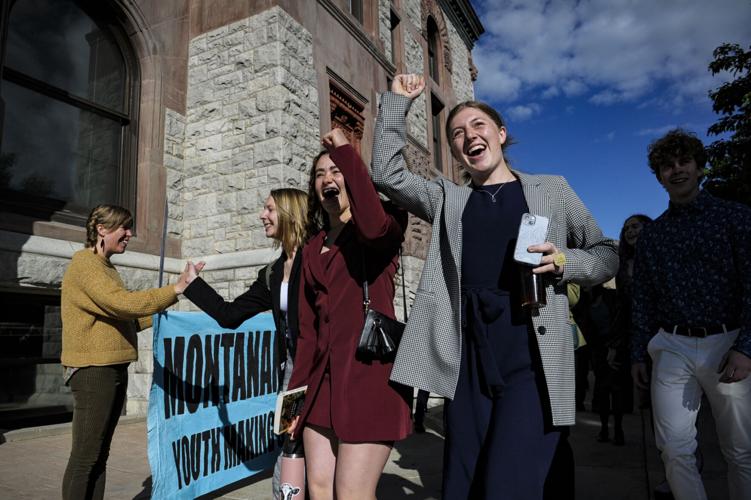
I think we can all agree on one thing… Climate change is not looming off in the distance like some “potential” threat that may or may not come. We are feeling its effects today and we have been for a while now. With the recent heat waves putting the effects of climate change on human well-being front and center, we want to thank the growing solar community, who is supporting clean, local energy and reducing their community’s dependence on fossil fuels.
Yeah… let’s let that sink in for a second.
“NASA data confirms what billions around the world literally felt: temperatures in July 2023 made it the hottest month on record. In every corner of the country, Americans are right now experiencing firsthand the effects of the climate crisis, underscoring the urgency of President Biden’s historic climate agenda,” said NASA Administrator Bill Nelson. “The science is clear. We must act now to protect our communities and planet; it’s the only one we have.”
California’s Death Valley saw temperatures reach heights of 128 degrees Fahrenheit last month– one of the highest temperatures recorded on Earth in the past 90 years. In Phoenix, Arizona, even the cacti were collapsing from the record-breaking 25 consecutive days of temperatures above 110 degrees Fahrenheit (even too hot for desert plants, can you believe it?).
Despite a concentration of the heat wave across the West, the consequences of burning fossil fuels were felt most seriously in Cape Coral, Florida, where climate change was found directly responsible for temperatures being 4.6 times higher in July, according to a new report issued by Climate Central, a science nonprofit that is able to calculate how much climate change affects daily weather, a tool known as the Climate Shift Index (CSI).
In the U.S., extreme heat kills more people than any other natural hazard or extreme weather event. In North America, up to 20,000 deaths a year may be linked to hot temperatures, and they can disrupt critical infrastructure as well. Remember when they melted power cables in the Pacific Northwest and plane runways in the U.K. last year?
This is not just an environmental issue, it’s a social justice issue. Across the world, as well as in our own country, the households contributing the least to climate change are typically suffering the most from its effects. Just as the health burdens of pollution are suffered unequally, the dangers of extreme heat are disproportionately greater for Black Americans, due to our country’s history of segregation and discriminatory housing practices. Low-income neighborhoods and communities of color are burdened with higher temperatures in their neighborhoods, despite being responsible for fewer CO2 emissions and less likely to have access to air conditioning and tree cover.
Although putting the realities of climate change into perspective is a real bummer (and I’m seriously adding to my climate anxiety just by writing this), there’s absolutely nothing that helps me feel better about the state of things than taking action. Fortunately for us all, a group of young climate activists in Montana has been hard at work doing just that 🎉 A Montana judge ruled in favor of the youth plaintiffs in Held v. Montana on August 14, determining that state agencies were violating the plaintiffs’ constitutional right to a clean and healthful environment by approving fossil fuel projects without considering their effects on climate change and Montana residents’ safety and well-being. Read more about the landmark case.
“This is a huge win for Montana, for youth, for democracy, and for our climate. More rulings like this will certainly come. It’s the first time that a trial court has said that the right to a stable climate is a fundamental constitutional right here in the United States,” says Julia Olson, chief legal counsel of Our Children’s Trust — the public-interest law firm that led the litigation.

Photo Credits: THOM BRIDGE/INDEPENDENT RECORD/AP
The good news is we know exactly what we need to do to prevent things from getting any worse, and you have already taken a huge step in the right direction by switching from fossil fuels to community solar (and the many other things you might be doing to reduce your emissions). Even better? You’re saving money while doing it! But as important as it is to reduce your own carbon emissions, the greatest impact you can possibly have is by helping others to do the same.
In many cases, climate action seems to require giving something up like cutting meat out of your diet or plastics out of your daily routine. That can be hard to sell people on, but you know what isn’t a hard sell? Something that saves you money and costs you nothing. And what might that be? You guessed it… community solar.
So, what’s a climate action you can take today that costs you absolutely nothing and takes very little effort? Tell a friend about community solar! Tell a colleague. Tell your favorite local business. Heck– tell everyone you know– we won’t stop you! Because every single household or business in your community (or even throughout the entire world) that reduces their dependence on fossil fuels is helping themselves, you, and all of us humans enjoy a safer, healthier, and brighter future.
If you are getting solar from: